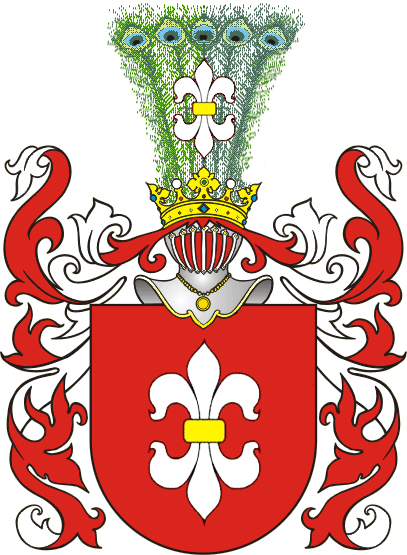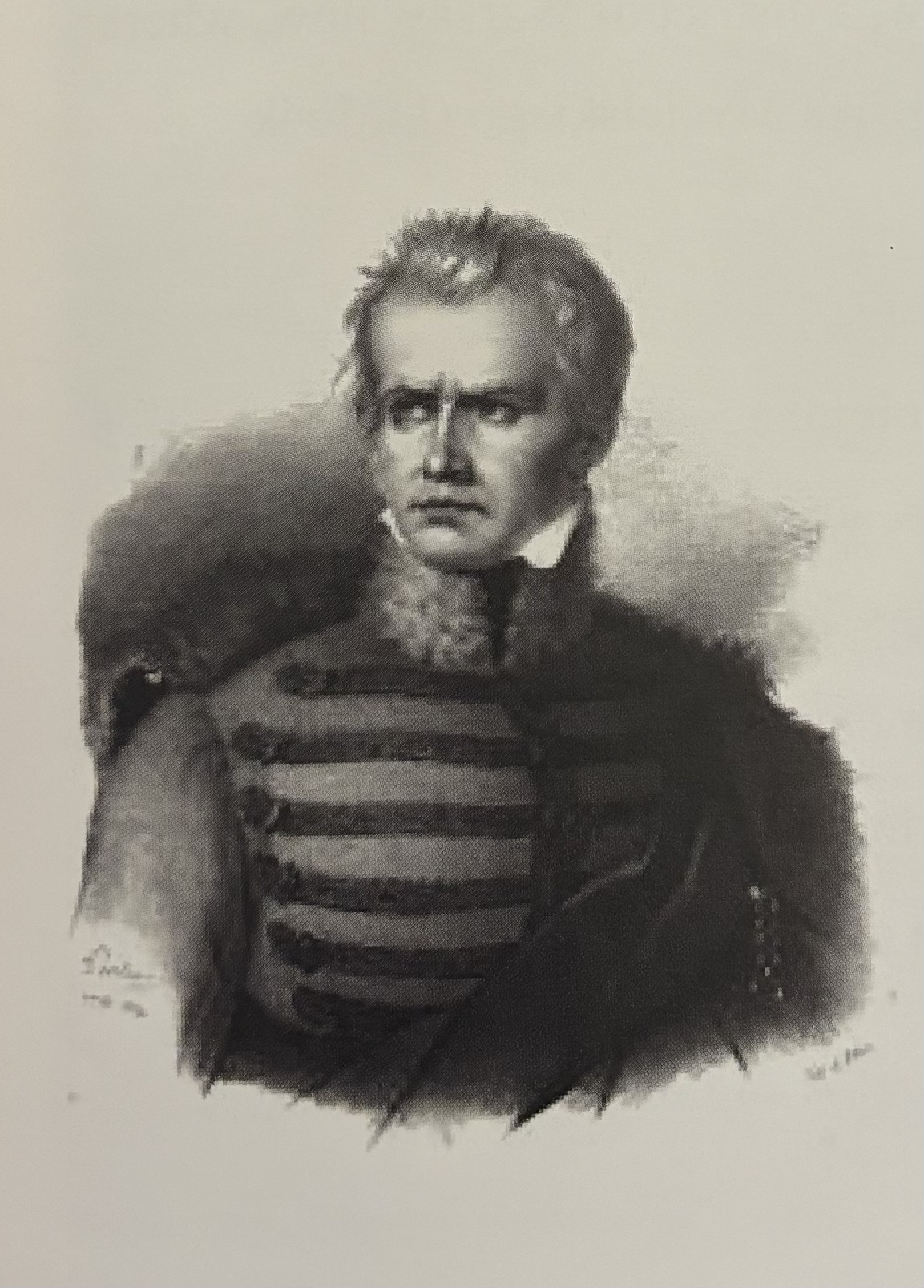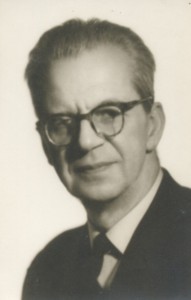|
Mycielski (Dołęga)
Mycielski (singular masculine), Mycielska (singular feminine), Mycielscy (plural) are from a Polish noble family. The Hrabia (Count) Dołęga-Mycielscy were originally from the Polish clans, clan Coat of arms of Dołęga, Dołęga in the Mazowieckie region of Poland. Family * Anna Luiza Mycielska (1729-1771) * Ignacy Mycielski (1842-1884) * Ludwik Mycielski (1854-1926) * Kazimierz Mycielski (1904-1980) * Zygmunt Mycielski (1907-1987) * Jan Mycielski (1932-) *Maciej Mycielski, Maciej Mycielki (1940-) * Michael Mycielski (1982-) Sources * Ruvigny, Marquis of, ''The Titled Nobility of Europe'', 1914, p. 1065. * Staszewski Janusz: Gen. Michał Mycielski i udział rodziny Mycielskich w powstaniu listopadowem, Poznań 1930; * Stańczyk: Szlachectwo zobowiązuje (3) w: Wiadomości Wrzesińskie z 5.09.2008 * Stanisław Karwowski: Wolsztyn i jego dziedzice, Poznań 1911, s. 62; * Magdalena Bajer: Mycielscy: Osiągnięcia naukowe i kariery akademickie nie były dla nich powodem rozst ... [...More Info...] [...Related Items...] OR: [Wikipedia] [Google] [Baidu] |
Hrabia
The hierarchy of noble titles in Poland was relatively uncommon throughout most of its history. Polish nobility ''szlachta'' enjoyed the principle of political equality of all its members. For this reason the idea of introducing the noble / aristocratic titles was strongly opposed, with a number of exceptions. Polish-Lithuanian Commonwealth After Polish–Lithuanian unions, aristocratic titles of the Lithuanian nobility and Ruthenian nobility (Polish: ''kniaź'', Ruthenian: ''knyaz'', Lithuanian: ''kunigaikštis'') were preserved. The title ''książę'' was used to translate foreign titles of prince or duke. Polish ''magnates'' readily accepted the foreign aristocratic titles. The title ''hrabia'' was matching to that of count. The title was adopted from Czech, in which itself is a loanword from the Old German title ''grāve'' (cf. modern German ''Graf''). Polish kings had the privilege to grant the title of ''hrabia'', but they did this mostly for foreign nationals, as well as ... [...More Info...] [...Related Items...] OR: [Wikipedia] [Google] [Baidu] |
Polish Clans
A heraldic clan (''ród herbowy''), in Poland, comprised all the noble (''szlachta'') bearers of the same coat of arms. The members of a heraldic clan were not necessarily linked by consanguinity. The concept was unique to Polish heraldry. History The Polish word ''herb'' derives from the German ''Erbe'', "inheritance" or "heritage", and denotes a coat of arms. Unrelated families could be granted the same coat of arms and thus become co-armigers sharing the same ''herb''. Bearers of the same coat of arms were variously called ''herbowni'', ''współherbowni'' (co-armorials), or ''klejnotni'', from ''klejnot'', "jewel". The numbers of such individual families often reached several dozen; several hundred were not uncommon. The heraldic-family tradition constitutes one of the hypotheses about the origins of the Polish nobility: the unique feature of Polish heraldry being the practice of inducting unrelated families into the same coat of arms, sometimes with minor variations ... [...More Info...] [...Related Items...] OR: [Wikipedia] [Google] [Baidu] |
Coat Of Arms Of Dołęga
A coat is typically an outer garment for the upper body, worn by any gender for warmth or fashion. Coats typically have long sleeves and are open down the front, and closing by means of buttons, zippers, hook-and-loop fasteners (AKA velcro), toggles, a belt, or a combination of some of these. Other possible features include collars, shoulder straps, and hoods. Etymology ''Coat'' is one of the earliest clothing category words in English, attested as far back as the early Middle Ages. (''See also'' Clothing terminology.) The Oxford English Dictionary traces ''coat'' in its modern meaning to , when it was written ''cote'' or ''cotte''. The word coat stems from Old French and then -4; we might wonder whether there's a point at which it's appropriate to talk of the beginnings of French, that is, when it wa ... and then Latin ''cottus.'' It originates from the Proto-Indo-European language">Proto-Indo-European word for woolen clothes. An early use of ''coat'' in English is Mail ( ... [...More Info...] [...Related Items...] OR: [Wikipedia] [Google] [Baidu] |
Mazowieckie
Masovian Voivodeship or Mazowieckie Province (, ) and any variation thereof, is a voivodeship (province) in east-central Poland, containing Poland's capital Warsaw. Masovian Voivodeship has an area of and had a 2019 population of 5,411,446, making it Poland's largest and most populous province. Its principal cities are Warsaw (1.783 million) in the center of the Warsaw metropolitan area, Radom (212,230) to the south, Płock (119,709) to the west, Siedlce (77,990) to the east, and Ostrołęka (52,071) to the north. It borders six other provinces: Warmian-Masurian to the north, Podlaskie to the northeast, Lublin to the southeast, Świętokrzyskie (Holy Cross) to the south, Łódź to the southwest, and Kuyavian–Pomeranian to the northwest. The name of the province recalls the region's traditional name, Mazovia (in Polish ''Mazowsze'', also spelled Masovia), with which it is roughly coterminous. However, the province's southern part, including Radom, historically belonged to ... [...More Info...] [...Related Items...] OR: [Wikipedia] [Google] [Baidu] |
Anna Luiza Mycielska
Mycielski (feminine form MYCIELSKA, plural MYCIELSCY/MYCIELSKIE) - a noble Polish family of the Dołęga clan. "The first record of a Mycielski is from 1437 when brothers Florian and Mikołaj were in a dispute with vicar Jan of Kościelec." ' The hereditary title of Count was bestowed on Józef Mycielski (1794-1867) in Prussia, by King Frederick Wilhelm III on 20 June 1822 LP 30 July 1822, recognised in Austria on 16 April 1896 ' Some notable Mycielskis: *Florian Tworzyjan Mycielski (died 1470), "''a courtier with a seat in the Senate, Counsellor to King Kazimiersz Jagiełło, Castellan of Biechów".'' *Mikołaj Mycielski (died after 1686): ''"High Court Judge, Member of the Sejm, Wojski of Kalisz, Starosta for Konin, Secretary to King Jan Kazimierz"''. *Maciej Mycielski (1690–1747) ''"Cup bearer of Kalisz, Castellan of Poznań, Order of the White Eagle. Great peacekeeper during very turbulent times''. ''With his wife Weronika Mycielska née Konarzewska, completed the Basilic ... [...More Info...] [...Related Items...] OR: [Wikipedia] [Google] [Baidu] |
Ignacy Mycielski
Ignacy is a Polish given name, equivalent of the name ''Ignatius''. Notable people with the name include: * Ignacy Tadeusz Baranowski (1879–1917), Polish historian *Piotr Ignacy Bieńkowski (1865–1925), Polish classical scholar and archaeologist, professor of Jagiellonian University * Ignacy Bohusz (1720–1778), noble in the Polish-Lithuanian Commonwealth *Ignacy Daszyński (1866–1936), Polish politician, journalist and Prime Minister of the Polish government created in Lublin in 1918 *Ignacy Domeyko (1802–1889), 19th-century geologist, mineralogist and educator *Ignacy Działyński (1754–1797), Polish nobleman known for his participation in the Warsaw Uprising of 1794 *Ignacy Feliks Dobrzyński (1807–1867), Polish pianist and composer * Ignacy Hryniewiecki (1856–1881), member of the People's Will and the assassin of Tsar Alexander II of Russia *Ignacy Jeż (1914–2007), the Latin Rite Catholic Bishop Emeritus of Koszalin-Kołobrzeg, Poland *Henryk Ignacy Kamieński ( ... [...More Info...] [...Related Items...] OR: [Wikipedia] [Google] [Baidu] |
Ludwik Mycielski
Ludwik Mycielski (13 April 1854, Warsaw – 6 January 1926) was a Polish politician, president of the National Council (Rada Narodowa) in 1913. Biography He was the son of Michał, a publicist and publisher (after the death of his wife, a Jesuit, provincial of the Galician Order) and Zofia née Górski. After the early loss of his mother and his father's entry into the order, he was brought up in the house of his grandmother, Teodosia Górska (widow of General Franciszek Górski), and then with his uncle Stanisław. In 1873 he passed his high school diploma in Śrem and began his studies in Wrocław, which were continued in Louvain in Belgium and at the Jagiellonian University, where in 1878 he defended his doctorate in philosophy on the basis of the dissertation ''Sprawa układ między Zygmuntem III a dworem austriam o podeniu korony polskiej (The Matter of Agreements Between Sigismund III and the Austrian Court on the Descent of the Polish Crown''). References * Witold J ... [...More Info...] [...Related Items...] OR: [Wikipedia] [Google] [Baidu] |
Kazimierz Mycielski
Kazimierz (; ; ) is a historical district of Kraków and Kraków Old Town, Poland. From its inception in the 14th century to the early 19th century, Kazimierz was an independent city, a royal city of the Crown of the Polish Kingdom, located south of the Old Town of Kraków, separated from it by a branch of the Vistula river. For many centuries, Kazimierz was a place where ethnic Polish and Jewish cultures coexisted and intermingled. The northeastern part of the district was historically Jewish. In 1941, the Jews of Kraków were forcibly relocated by the German occupying forces into the Krakow ghetto just across the river in Podgórze, and most did not survive the war. Today, Kazimierz is one of the major tourist attractions of Krakow and an important center of cultural life of the city. The boundaries of Kazimierz are defined by an old island in the Vistula river. The northern branch of the river ( – Old Vistula) was filled-in at the end of the 19th century and made into an ext ... [...More Info...] [...Related Items...] OR: [Wikipedia] [Google] [Baidu] |
Zygmunt Mycielski
Count Zygmunt Mycielski (17 August 1907 – 5 August 1987) was a Polish composer and music critic. He was born in Przeworsk and completed his childhood education in Kraków, where he was taught by Bernardino Rizzi. In 1928, Mycielski moved to Paris, where he studied composition at École Normale de Musique with Paul Dukas and Nadia Boulanger. While there, he served as president of the Association of Young Polish Musicians in Paris from 1934 to 1936. In 1936, he moved back to Poland and began his music and writing career. Mycielski served in the Polish military during World War II and became a prisoner of war after being captured by the German Army. For the rest of the war, he did compulsory work for a German farmer. After the war ended, he returned to Poland and served two terms as editor for '' Ruch Muzyczny'' (1946–1948 and 1957–1959) before becoming editor-in-chief from 1960 to 1968. His political views clashed with communist Polish authorities, however. His publications ca ... [...More Info...] [...Related Items...] OR: [Wikipedia] [Google] [Baidu] |
Jan Mycielski
Jan Mycielski (Polish: ; February 7, 1932 – January 18, 2025) was a Polish-American mathematician, logician and philosopher, who was a professor of mathematics at the University of Colorado at Boulder. He is known for contributions to graph theory, combinatorics, set theory, topology and the philosophy of mathematics. Life and career Mycielski was born in Wiśniowa, Podkarpackie Voivodeship, Poland on February 2, 1932.Curriculum vitae from Mycielski's web site, retrieved 2010-03-10. Mycielski received his Ph.D. in mathematics from the in 1957 under the supervision of . His dissertation was entitled "Applications of |
Maciej Mycielski
Maciej (Polish pronunciation: ) is a Polish given name, the etymological equivalent of Matthias. Its diminutive forms are Maciek, Maciuś. Namedays according to Polish calendar: 30 January, 24 February, 14 May Maciej may refer to: Arts and entertainment * Maciej Cieślak (born 1969), Polish guitarist and songwriter * Maciej Dunal (1953–2014), Polish actor and singer * Maciej Fortuna (born 1982), Polish jazz trumpeter, composer and musical educator * Maciej Jachowski (born 1977), Polish actor * Maciej Kozłowski (1957–2010), Polish actor * Maciej Łukaszczyk (1934–2014), Polish pianist * Maciej Maleńczuk (born 1961), Polish singer, guitarist and poet * Maciej Małecki (born 1940), Polish composer and pianist * Maciej Musiał (born 1995), Polish actor * Maciej Silski (born 1976), Polish singer * Maciej Stuhr (born 1975), Polish actor, comedian and impressionist * Maciej Ślesicki (born 1966), Polish director and screenwriter, co-founder of the Warsaw Film School. * ... [...More Info...] [...Related Items...] OR: [Wikipedia] [Google] [Baidu] |





